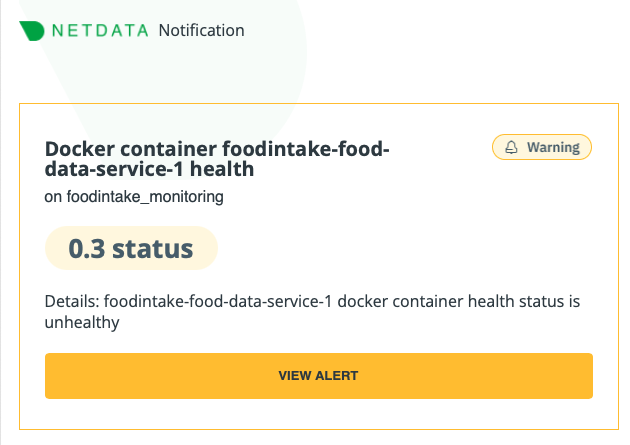Hello,
In DevOps practices, it’s standard procedure to verify that a service is running before other services that depend on it are started. This check ensures stability and reliability across interconnected services. For example, in Docker Compose in a service description a directive like depends_on can be used to wait until all healthchecks done before starting the service.
Docker Compose:
To make a simple health check for your service you can do something like this (taking into account that your application is running on 8080 port):
services:
service-name:
image: your-image
healthcheck:
test: ["CMD", "wget", "--spider", "-q", "http://localhost:8080/health"]
interval: 10s
timeout: 5s
retries: 3
start_period: 15s
depends_on:
some-other-service-name:
condition: service_healthy
You may ask, why wget and not a curl? To make a curl request you may need to install it along with your app by adding something like RUN apk --no-cache add curl or use an image which already has a preinstalled curl:
- The official Nginx image generally has curl preinstalled
- The official Python images (not the slim versions) generally come with curl preinstalled.
- The official Node.js Docker images (especially full versions, not -slim) usually come with curl preinstalled.
FROM ubuntu:latest
many minimal images, especially lightweight ones like Alpine and Debian Slim, do not include curl by default to keep the image size small.
Kubernetes:
livenessProbe:
httpGet:
path: /health
port: 8080
initialDelaySeconds: 15
periodSeconds: 10
readinessProbe:
httpGet:
path: /health
port: 8080
initialDelaySeconds: 15
periodSeconds: 10
// Kubernetes will only send traffic to this pod after the readinessProbe passes.
readinessProbe:
httpGet:
path: /health
port: 8080
initialDelaySeconds: 5
periodSeconds: 10
By the way the status by default is tracked by such monitoring tools as NetData

Checkout my tweet about it
